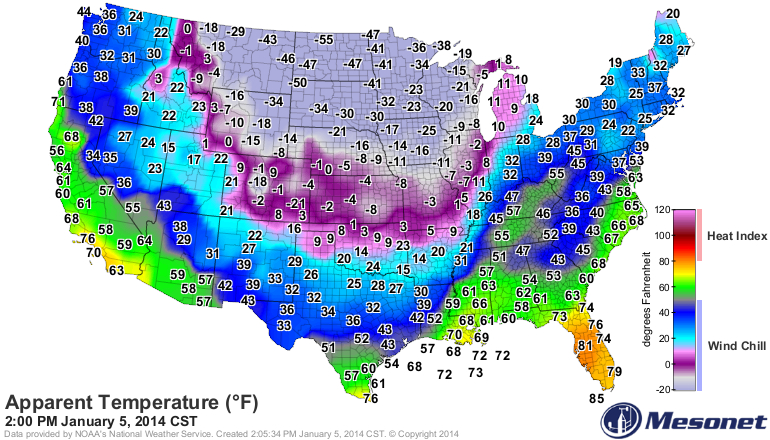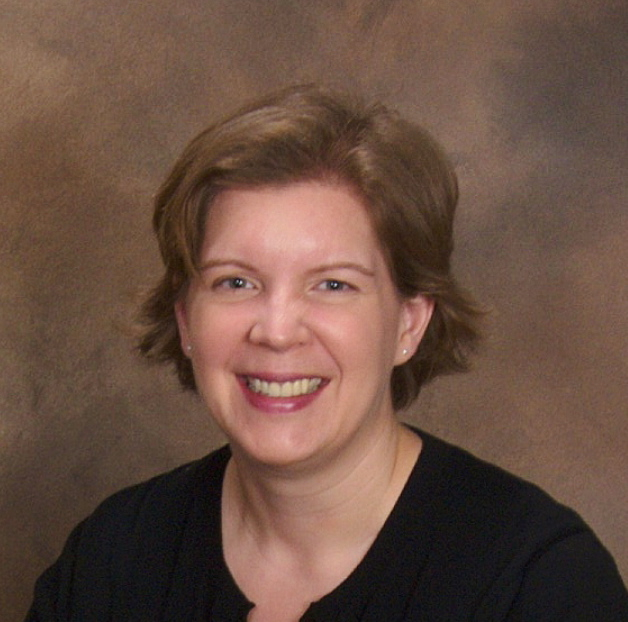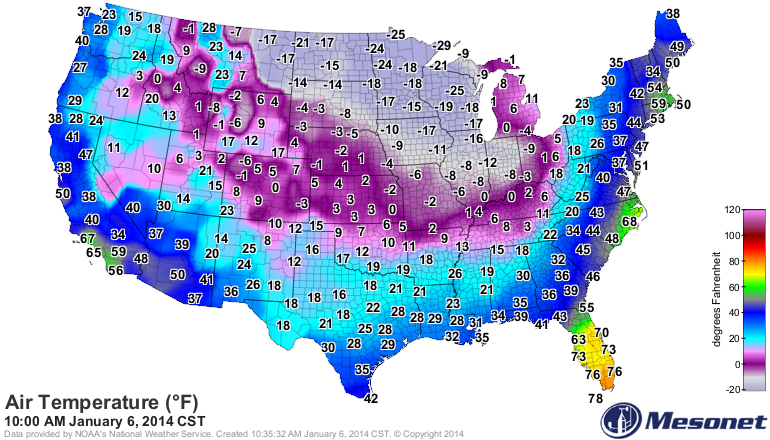
'Polar Vortex' Creates Huge Temperature Difference Across US

Get the world’s most fascinating discoveries delivered straight to your inbox.
You are now subscribed
Your newsletter sign-up was successful
Want to add more newsletters?

Delivered Daily
Daily Newsletter
Sign up for the latest discoveries, groundbreaking research and fascinating breakthroughs that impact you and the wider world direct to your inbox.

Once a week
Life's Little Mysteries
Feed your curiosity with an exclusive mystery every week, solved with science and delivered direct to your inbox before it's seen anywhere else.

Once a week
How It Works
Sign up to our free science & technology newsletter for your weekly fix of fascinating articles, quick quizzes, amazing images, and more

Delivered daily
Space.com Newsletter
Breaking space news, the latest updates on rocket launches, skywatching events and more!

Once a month
Watch This Space
Sign up to our monthly entertainment newsletter to keep up with all our coverage of the latest sci-fi and space movies, tv shows, games and books.

Once a week
Night Sky This Week
Discover this week's must-see night sky events, moon phases, and stunning astrophotos. Sign up for our skywatching newsletter and explore the universe with us!
Join the club
Get full access to premium articles, exclusive features and a growing list of member rewards.
A blast of Arctic air pushing south as far as Atlanta has caused air temperatures across the United States to plunge, creating a massive 140-degree Fahrenheit (77 degrees Celsius) temperature difference between the chilly Dakotas and balmy Florida yesterday (Jan. 5).
The pulse of frigid air, called a polar vortex, whirled into the United States this weekend on the heels of a major winter storm. But unlike that storm, the polar vortex won't bring heavy snowfall. (The snowstorm dropped nearly 2 feet, or 60 centimeters, of snow in Boston last week.) Instead, the National Weather Service is forecasting dangerous cold and windchills. The cold temperatures are expected to last through Wednesday, the NWS forecasts.
The polar vortex is a low-pressure system that circulates from west to east in the Arctic during winter. Late last week, a high-pressure system — called an atmospheric block — situated over northeastern Canada and Greenland stopped this circulation pattern, pushing the cold air into the United States. On Sunday afternoon, temperatures ranged from minus 55 F to 85 F (minus 48 C to 29 C), according to NWS weather data.
On Monday morning, air temperatures in North Dakota and South Florida were still more than 100 F apart. Chicago set a new record low of minus 16 F (minus 27 C) Monday morning, and Tulsa, Okla., broke a 102-year record with a new low of minus 1 F (minus 18 C) recorded at 7:14 a.m. local time, the NWS said.
Email Becky Oskin or follow her @beckyoskin. Follow us OurAmazingPlanet @OAPlanet, Facebook and Google+. Original article at LiveScience's OurAmazingPlanet.
Get the world’s most fascinating discoveries delivered straight to your inbox.

 Live Science Plus
Live Science Plus











